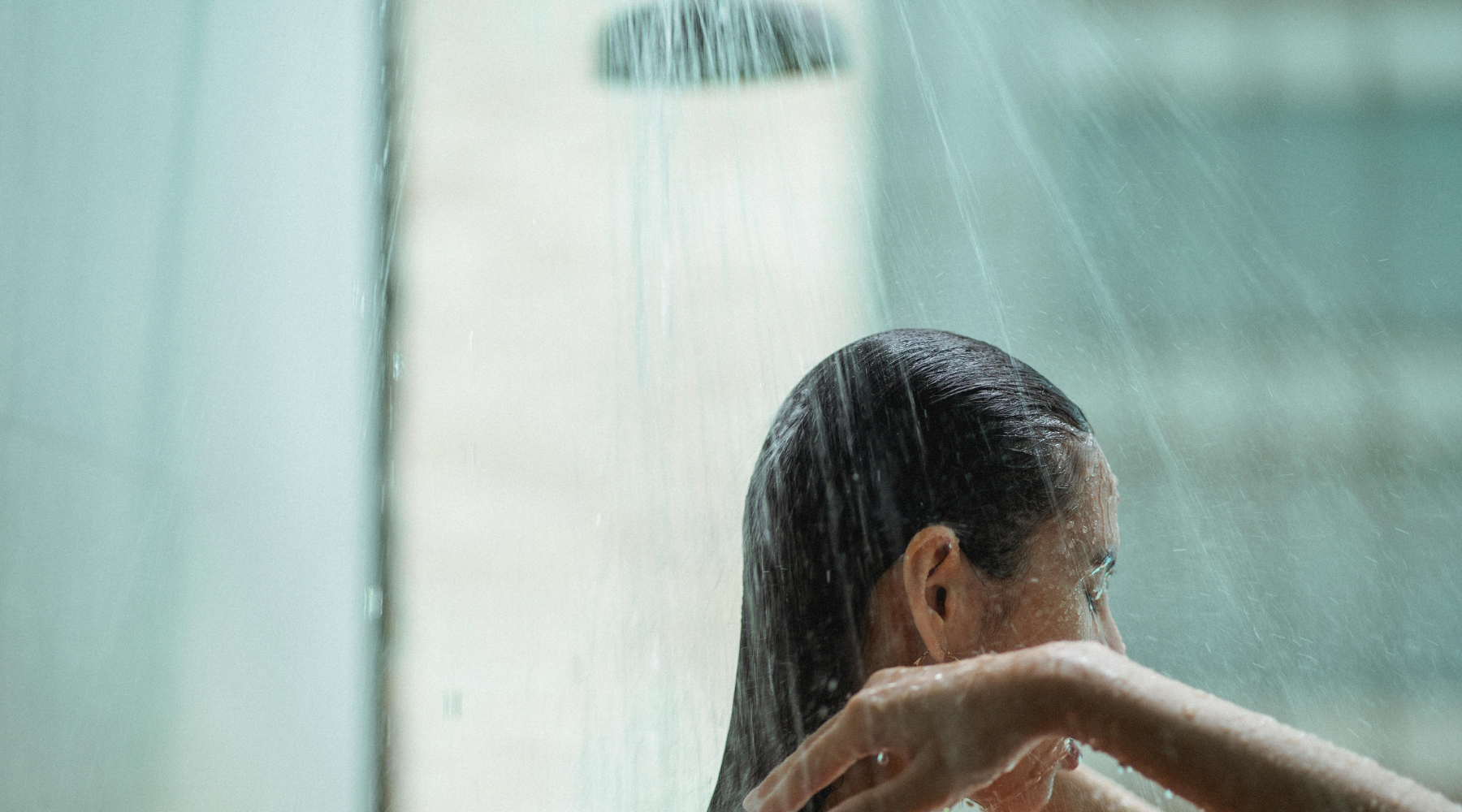
Bedtime Showers: Do They Help or Hurt Your Sleep?
What to do (and avoid) so your nighttime rinse actually supports deep rest.
As more of us look for simple, low-cost ways to sleep better, one everyday habit keeps bubbling up: showering before bed. Medical and paramedical professionals often recommend a warm shower—or a brief foot or body bath—as a non-pharmacological way to wind down. Research has linked pre-sleep bathing with better nighttime sleep and less daytime sleepiness.
Yet there’s a catch: done the wrong way, that same shower can leave you tossing and turning.
“Showering before bed can support better sleep, but only if it’s done correctly. The water temperature, duration, and timing can make the difference between falling asleep quickly and tossing and turning,” says Rosie Osmun, Certified Sleep Science Coach at Eachnight.com.
Why timing and temperature matter
Your body’s core temperature naturally dips in the evening as part of your circadian rhythm, which helps trigger drowsiness. A steaming hot shower right before lights out can raise core temperature at the very moment your body needs to cool. On the other hand, skipping a shower can leave sweat, allergens, or irritation on the skin that interferes with comfort and sleep.
Osmun notes: “Timing is the biggest factor; your body temperature naturally dips as part of your circadian rhythm, so when you get out of a warm shower, that drop in skin temperature helps mimic the body’s natural cooling process. That’s why a shower 60 to 90 minutes before bed works best for most people.”
The right way to shower before bed
Use these simple, evidence-informed tweaks to help your body and mind unwind:
-
Shower 1–2 hours before bedtime to allow for a gentle cool-down.
-
Choose warm, not hot, water to relax muscles without spiking core temperature.
-
Keep it short—about 10 minutes—to avoid overstimulation.
-
Consider a calming scent like lavender in your soap or body wash to cue relaxation.
-
Skip ice-cold showers at night; they’re stimulating and can delay sleep.

Common pitfalls to avoid
-
Last-minute hot shower: raises core temp and can delay sleep onset.
-
Overly long showers: bright light, heat, and stimulation can keep the brain alert.
-
No rinse after a sweaty day: residual sweat or allergens can cause discomfort or itch.
A personal note from Wanda Malhotra
I take my magnesium supplement before my shower and then enjoy a warm shower about 60 minutes before bedtime. For me, this combo soothes my muscles and calms my mind—helping me fall asleep quickly and stay asleep. I also avoid watching the news or checking anything financial at night; those things spike my thoughts and keep my brain active. At night I prioritise quiet practices—meditation, prayer, or breathwork—alongside a relaxing shower, just as Rosie Osmun recommends.
If you’re looking for gentle, natural options to enhance your bedtime ritual, check out our Bath Collection for calming soaps, lavender-scented washes, and other sleep-friendly picks.

Share with us
What’s your bedtime shower routine? Do you have a scent, supplement, or ritual that helps you unwind? Share your routine in the comments below or tag us on social with @CrunchyMamaBox — we’d love to hear what helps you rest.
Crunchy Mama’s Perspective
At Crunchy Mama Box, we value practical, accessible wellness habits—especially those that honor your body’s natural rhythms. A short, warm shower 1–2 hours before bed is a simple ritual that supports the wind-down window many busy caregivers struggle to find. Pair it with low lighting, gentle breathing, and screen-free time to create a consistent routine that’s kind to your nervous system.
Editor’s Note: This article is for informational purposes only. The professional, brand, or company featured is not CMB certified, and their products or services have not been tested or endorsed by our wellness experts.
Gentle Reminder: This content is not a substitute for professional medical advice, diagnosis, or treatment. If you’re in crisis, please contact a licensed professional or local emergency resources.




